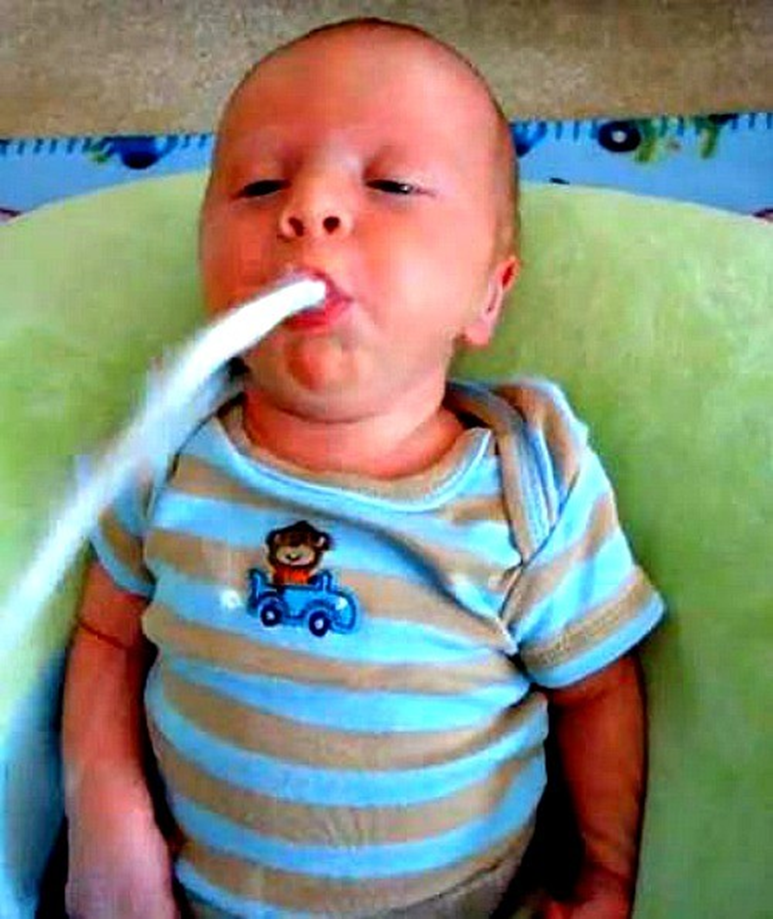A nurse is providing care to a group of children at a pediatric clinic.
Which of the following children meets the criteria to receive a varicella vaccine?
A child who received a blood transfusion 1 month ago.
A child currently receiving immunoglobulins.
A child currently receiving chemotherapy.
A child who has a cold and nasal discharge.
The Correct Answer is D
Choice A rationale
A child who received a blood transfusion 1 month ago is not recommended to receive the varicella vaccine. This is because blood transfusions can introduce new antibodies into the body that may interfere with the immune response to the vaccine.
Choice B rationale
A child currently receiving immunoglobulins should not receive the varicella vaccine. Immunoglobulins are proteins in the blood that function as antibodies. They can interfere with the body’s immune response to the vaccine.
Choice C rationale
A child currently receiving chemotherapy should not receive the varicella vaccine. Chemotherapy can weaken the immune system, making it less effective at responding to vaccines.
Choice D rationale
A child who has a cold and nasal discharge can receive the varicella vaccine. Mild illnesses, such as a cold, do not interfere with the immune response to the vaccine.
Nursing Test Bank
Naxlex Comprehensive Predictor Exams
Related Questions
Correct Answer is D
Explanation
Choice A rationale
Methylphenidate (Ritalin) is a medication used to treat attention-deficit hyperactivity disorder (ADHD). It is not necessary to give the medication after meals. The medication can be taken with or without food. However, some people find that taking it with food can help prevent stomach upset.
Choice B rationale
Regular blood glucose level checks are not typically required when a child is taking methylphenidate. This medication does not have a significant impact on blood sugar levels.
Choice C rationale
It is not generally recommended to skip doses of methylphenidate on weekends. Consistent medication administration is important for managing ADHD symptoms. However, the prescribing doctor may sometimes recommend a “drug holiday” or break from the medication. This should only be done under the guidance of a healthcare professional.
Choice D rationale
This is the correct answer. Methylphenidate is a stimulant, and taking it later in the day can cause insomnia or trouble sleeping. Therefore, it is often recommended that the last dose of the medication be given before 6 o’clock in the evening to minimize sleep disturbances.
Correct Answer is A
Explanation
Choice A rationale
Projectile vomiting is a common symptom in infants with pyloric stenosis. This is due to the narrowing of the pylorus, the muscular valve at the bottom of the stomach, which prevents breast milk or formula from passing through to the small intestine.
Choice B rationale
Effortless regurgitation is not typically associated with pyloric stenosis. The hallmark symptom of pyloric stenosis is projectile vomiting.
Choice C rationale
Metabolic acidosis is not a typical symptom of pyloric stenosis. The hallmark symptom of pyloric stenosis is projectile vomiting.
Choice D rationale
While a distended abdomen can occur in some cases of pyloric stenosis, it is not the most common symptom. The hallmark symptom of pyloric stenosis is projectile vomiting.

Whether you are a student looking to ace your exams or a practicing nurse seeking to enhance your expertise , our nursing education contents will empower you with the confidence and competence to make a difference in the lives of patients and become a respected leader in the healthcare field.
Visit Naxlex, invest in your future and unlock endless possibilities with our unparalleled nursing education contents today
Report Wrong Answer on the Current Question
Do you disagree with the answer? If yes, what is your expected answer? Explain.
Kindly be descriptive with the issue you are facing.
